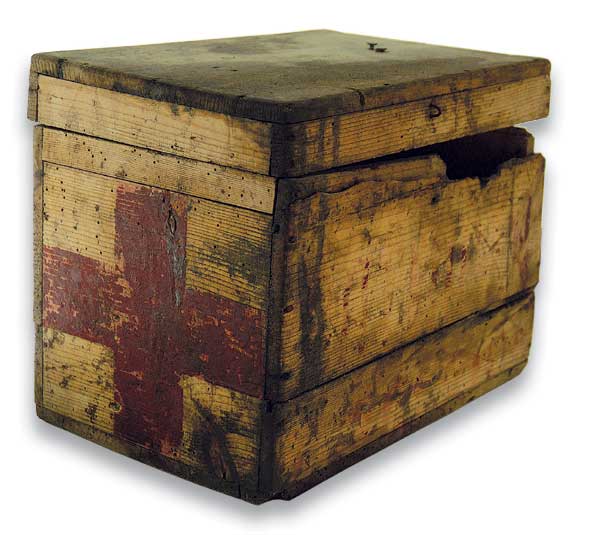USCCB Comments On Medicare’s Proposed Rule On Advance Care Planning
WASHINGTON—The U.S. Conference of Catholic Bishops (USCCB) submitted comments on September 4 to the U.S. Department of Health and Human Services’ Centers for Medicare and Medicaid Services. The comments relate to a Proposed Rule to incorporate end-of-life decision making or “Advance Care Planning” into the Medicare program.
The comments filed today by Anthony Picarello, USCCB general counsel, and Michael Moses, associate general counsel, note that while the Catholic Church does not object to encouraging patients to consider future treatment decisions in case they may become unable to communicate their wishes, “the current open-ended proposal has several deficiencies that merit attention before a final rule is considered.”
Picarello and Moses note that “the Church has a long and rich tradition on the parameters for such decision making, providing concepts and distinctions that have long played an important role in secular medical ethics as well.” They add that “Catholic dioceses and other organizations have actively participated in the nationwide debate on end-of-life decision making and on the pros and cons of various ‘advance directives’.” They explain that while such directives constitute one approach to advance care planning, they are not the only way, and some documents ignore important ethical distinctions and may be biased toward withdrawal of life-sustaining treatment.
The comment letter also reviews “important statutory guidance on this issue” found in the Patient Self-Determination Act, the Assisted Suicide Funding Restriction Act, and the Affordable Care Act, stating that the safeguards in these laws are not currently reflected in the proposed rule or its preamble.
The USCCB provides the following recommendations for any final rule or published guidance that encourage “advance care planning”:
• Acknowledge the full range of advance care planning options, including those which rely on discussion and collaboration among family members instead of on pre-packaged documents that may be biased toward withdrawal of treatment;
• Caution patients about the need to read any document carefully before signing it, to ensure that it fully protects the individual patient’s well-being and values, and inform them that additional resources may be available from their religious denomination or other sources of moral guidance;
• Completely exclude counseling and documents that present lethal actions such as assisted suicide or euthanasia as treatment options;
• Treat the counseling session as an opportunity for suicide prevention;
• Reflect current law’s commitment to an “equality of life” standard that upholds life with a disability or permanent impairment as having inherent worth.
The comment letter is available at: http://www.usccb.org/about/general-counsel/rulemaking/index.cfm
—
Keywords: U.S. Conference of Catholic Bishops, USCCB, Anthony Picarello, Michael Moses, end-of-life, Advance Care Planning, equality of life, advance directives, U.S. Department of Health and Human Services, Medicare, Medicaid
# # #
MEDIA CONTACT:
Norma Montenegro Flynn
O: 202-541-3202











